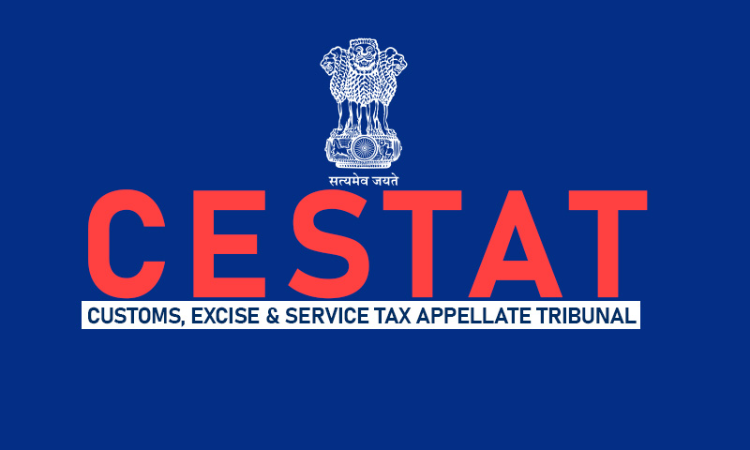Issuance Of 2 SCN Demanding Short Paid Duty, Denying Cenvat Credit For Same Period Doesn't Amounts To 2 Assessments: CESTAT
Mariya Paliwala
4 March 2022 2:42 PM IST

Next Story
4 March 2022 2:42 PM IST
The Delhi Bench of Customs, Excise and Service Tax Appellate Tribunal (CESTAT) has upheld the issuance of two show cause notices demanding the duty, which was short paid, and denying Cenvat credit respectively for the same period.The two-member bench of Justice Dilip Gupta (President) and P.V. Subba Rao (Technical Member) did not find any illegality in Revenue issuing two show cause...
